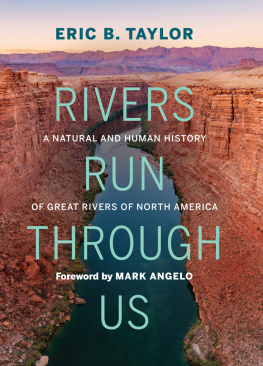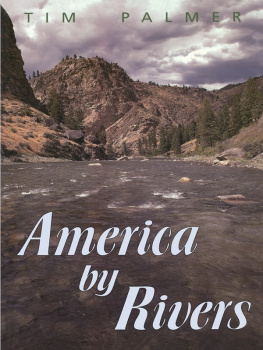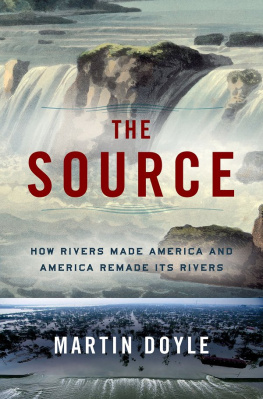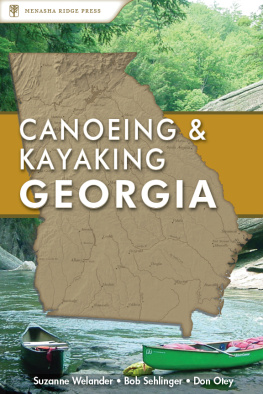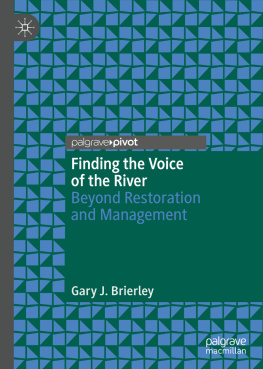Preface
The present book, as originally planned over seven years ago, was to be a simplified paraphrase or restatement of the principles embodied in Friedrich Ratzel's Anthropo-Geographie. The German work is difficult reading even for Germans. To most English and American students of geographic environment it is a closed book, a treasure-house bolted and barred. Ratzel himself realized "that any English form could not be a literal translation, but must be adapted to the Anglo-Celtic and especially to the Anglo-American mind." The writer undertook, with Ratzel's approval, to make such an adapted restatement of the principles, with a view to making them pass current where they are now unknown. But the initial stages of the work revealed the necessity of a radical modification of the original plan.
Ratzel performed the great service of placing anthropo-geography on a secure scientific basis. He had his forerunners in Montesquieu, Alexander von Humboldt, Buckle, Ritter, Kohl, Peschel and others; but he first investigated the subject from the modern scientific point of view, constructed his system according to the principles of evolution, and based his conclusions on world-wide inductions, for which his predecessors did not command the data. To this task he brought thorough training as a naturalist, broad reading and travel, a profound and original intellect, and amazing fertility of thought. Yet the field which he had chosen was so vast, and its material so complex, that even his big mental grasp could not wholly compass it. His conclusions, therefore, are not always exhaustive or final.
Moreover, the very fecundity of his ideas often left him no time to test the validity of his principles. He enunciates one brilliant generalization after another. Sometimes he reveals the mind of a seer or poet, throwing out conclusions which are highly suggestive, on the face of them convincing, but which on examination prove untenable, or at best must be set down as unproven or needing qualification. But these were just the slag from the great furnace of his mind, slag not always worthless. Brilliant and far-reaching as were his conclusions, he did not execute a well-ordered plan. Rather he grew with his work, and his work and its problems grew with him. He took a mountain-top view of things, kept his eyes always on the far horizon, and in the splendid sweep of his scientific conceptions sometimes overlooked the details near at hand. Herein lay his greatness and his limitation.
These facts brought the writer face to face with a serious problem. Ratzel's work needed to be tested, verified. The only solution was to go over the whole field from the beginning, making research for the data as from the foundation, and checking off the principles against the facts. This was especially necessary, because it was not always obvious that Ratzel had based his inductions on sufficiently broad data; and his published work had been open to the just criticism of inadequate citation of authorities. It was imperative, moreover, that any investigation of geographic environment for the English-speaking world should meet its public well supported both by facts and authorities, because that public had not previously known a Ritter or a Peschel.
The writer's own investigation revealed the fact that Ratzel's principles of anthropo-geography did not constitute a complete, well-proportioned system. Some aspects of the subject had been developed exhaustively, these of course the most important; but others had been treated inadequately, others were merely a hint or an inference, and yet others were represented by an hiatus. It became necessary, therefor, to work up certain important themes with a thoroughness commensurate with their significance, to reduce the scale of others, and to fill up certain gaps with original contributions to the science. Always it was necessary to clarify the original statement, where that was adhered to, and to throw it into the concrete form of expression demanded by the Anglo-Saxon mind.
One point more. The organic theory of society and state permeates the Anthropo-geographie, because Ratzel formulated his principles at a time when Herbert Spencer exercised a wide influence upon European thought. This theory, now generally abandoned by sociologists, had to be eliminated from any restatement of Ratzel's system. Though it was applied in the original often in great detail, it stood there nevertheless rather as a scaffolding around the finished edifice; and the stability of the structure, after this scaffolding is removed shows how extraneous to the whole it was. The theory performed, however, a great service in impressing Ratzel's mind with the life-giving connection between land and people.
The writer's own method of research has been to compare typical peoples of all races and all stages of cultural development, living under similar geographic conditions. If these peoples of different ethnic stocks but similar environments manifested similar or related social, economic or historical development, it was reasonable to infer that such similarities were due to environment and not to race. Thus, by extensive comparison, the race factor in these problems of two unknown quantities was eliminated for certain large classes of social and historical phenomena.
The writer, moreover, has purposely avoided definitions, formulas, and the enunciation of hard-and-fast rules; and has refrained from any effort to delimit the field or define the relation of this new science of anthropo-geography to the older sciences. It is unwise to put tight clothes on a growing child. The eventual form and scope of the science, the definition and organization of its material must evolve gradually, after long years and many efforts of many workers in the field. The eternal flux of Nature runs through anthropo-geography, and warns against precipitate or rigid conclusions. But its laws are none the less well founded because they do not lend themselves to mathematical finality of statement. For this reason the writer speaks of geographic factors and influences, shuns the word geographic determinant, and speaks with extreme caution of geographic control.
The present volume is offered to the public with a deep sense of its inadequacy; with the realization that some of its principles may have to be modified or their emphasis altered after wider research; but also with the hope that this effort may make the way easier for the scholar who shall some day write the ideal treatise on anthropo-geography.
In my work on this book I have only one person to thank, the great master who was my teacher and friend during his life, and after his death my inspiration.
ELLEN CHURCHILL SEMPLE.
LOUISVILLE, KENTUCKY.
January, 1911.


